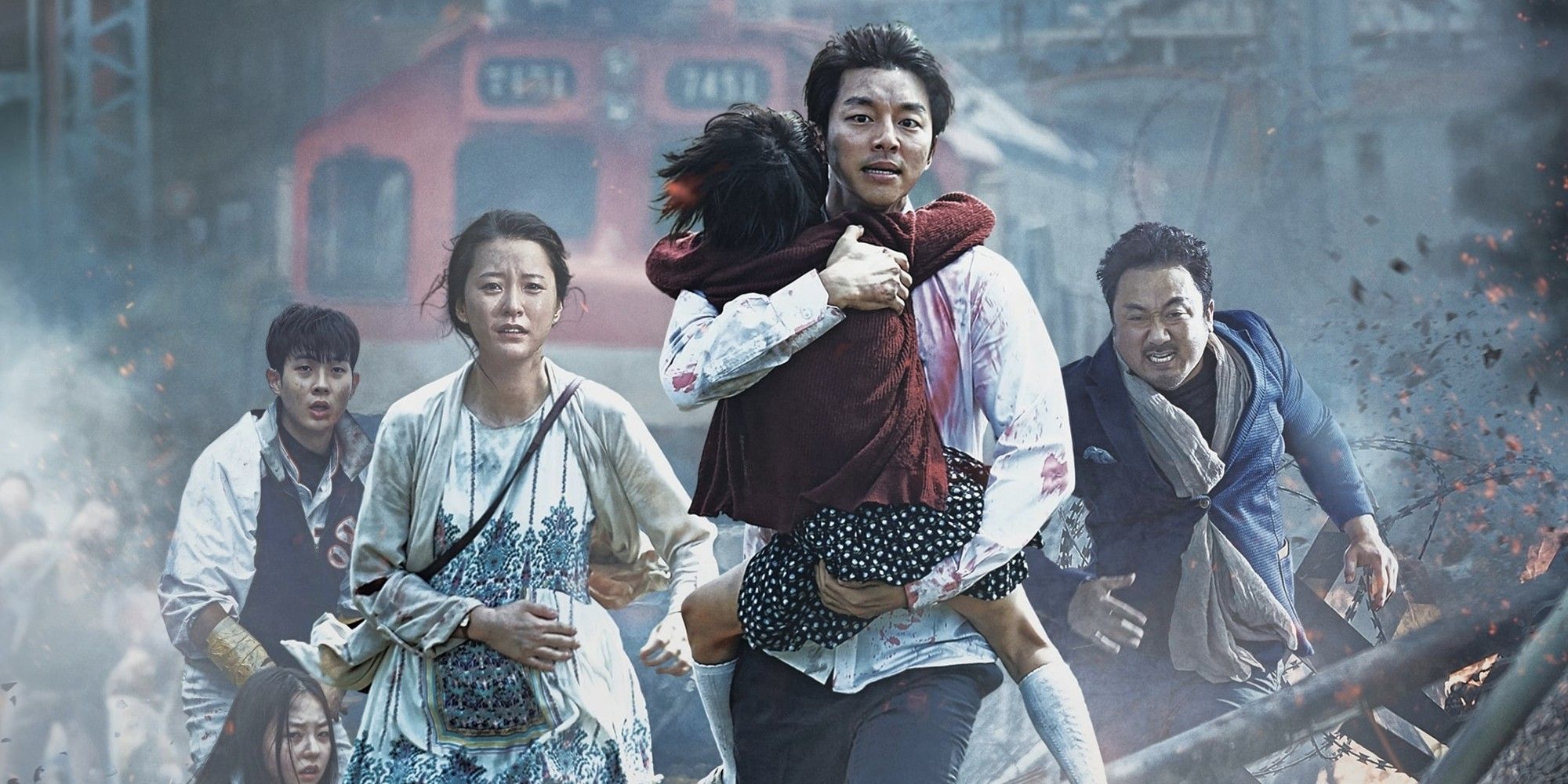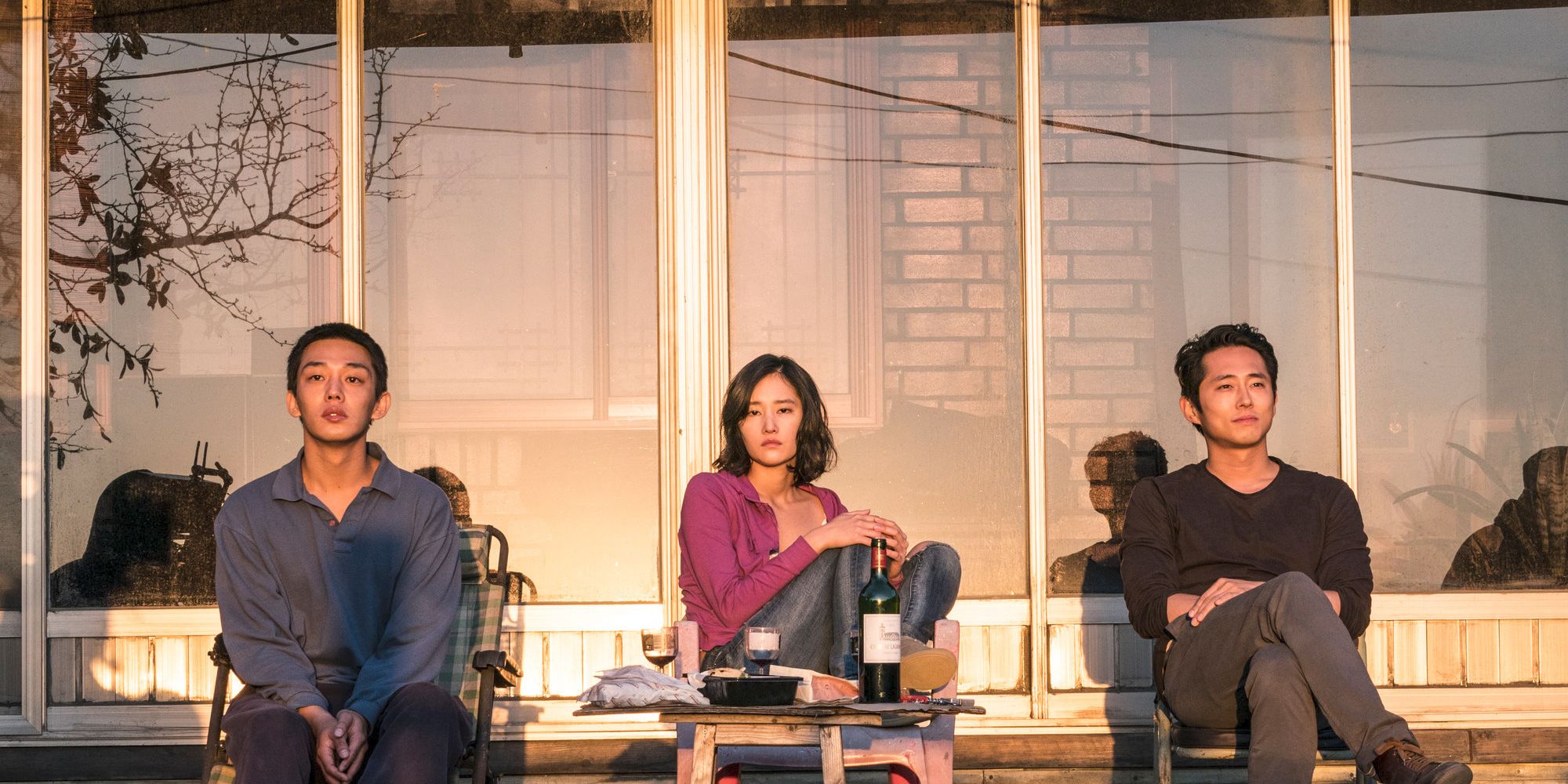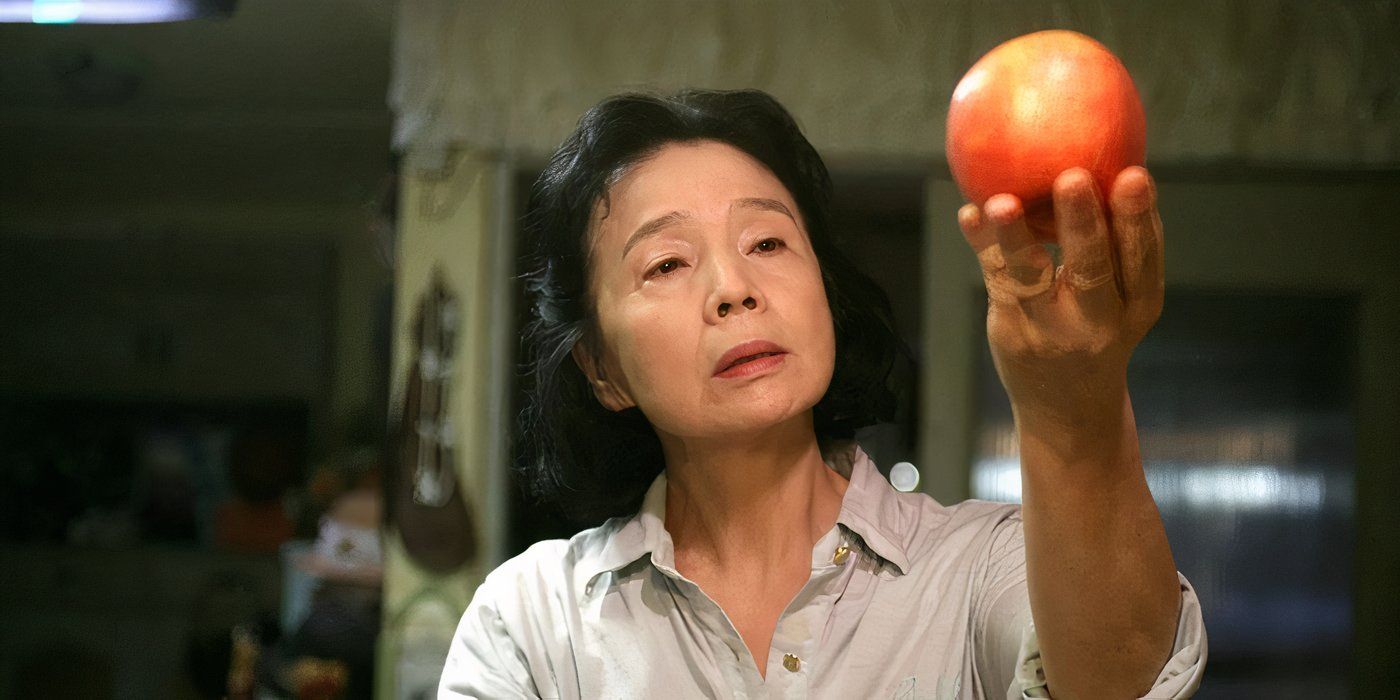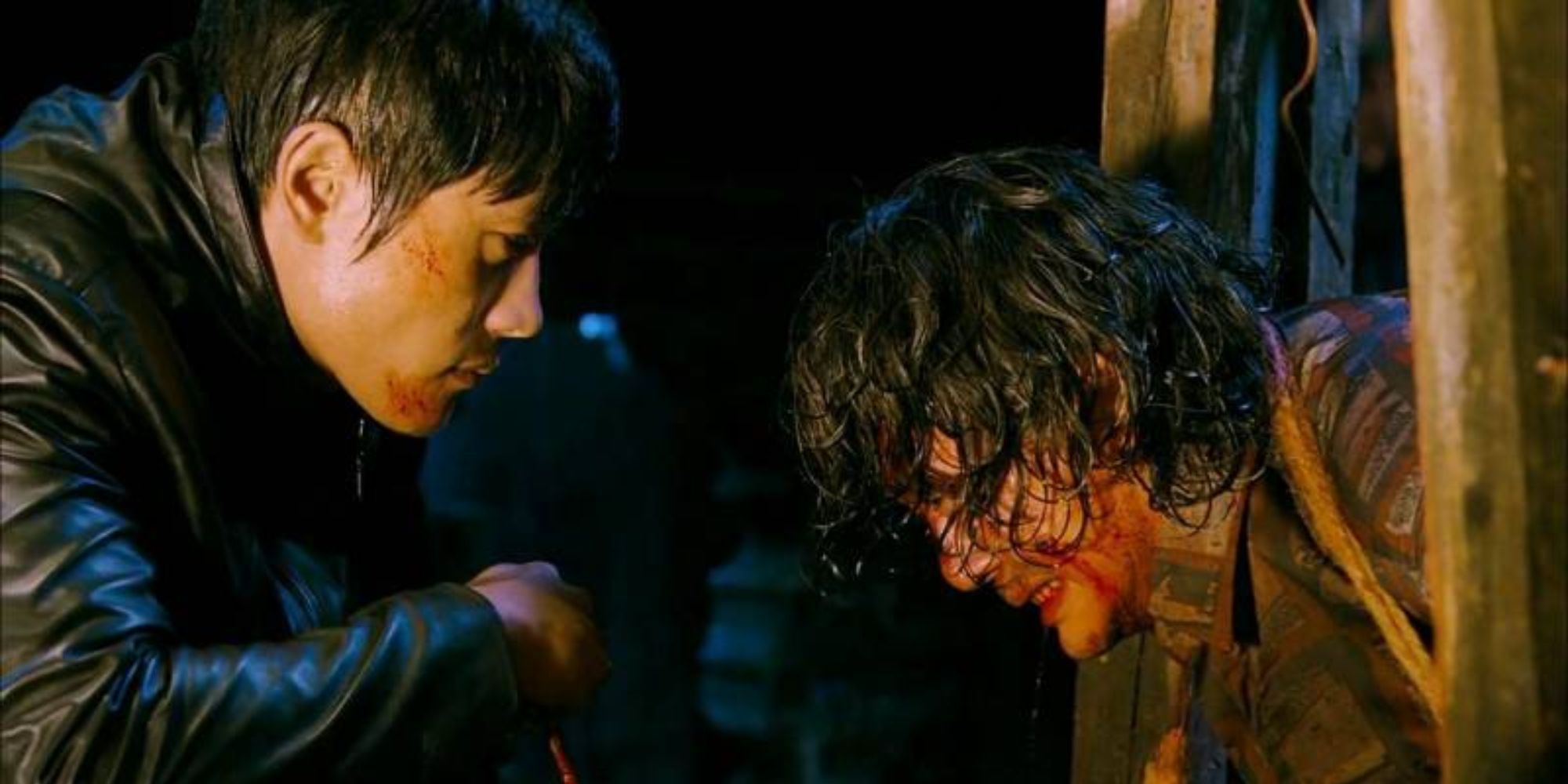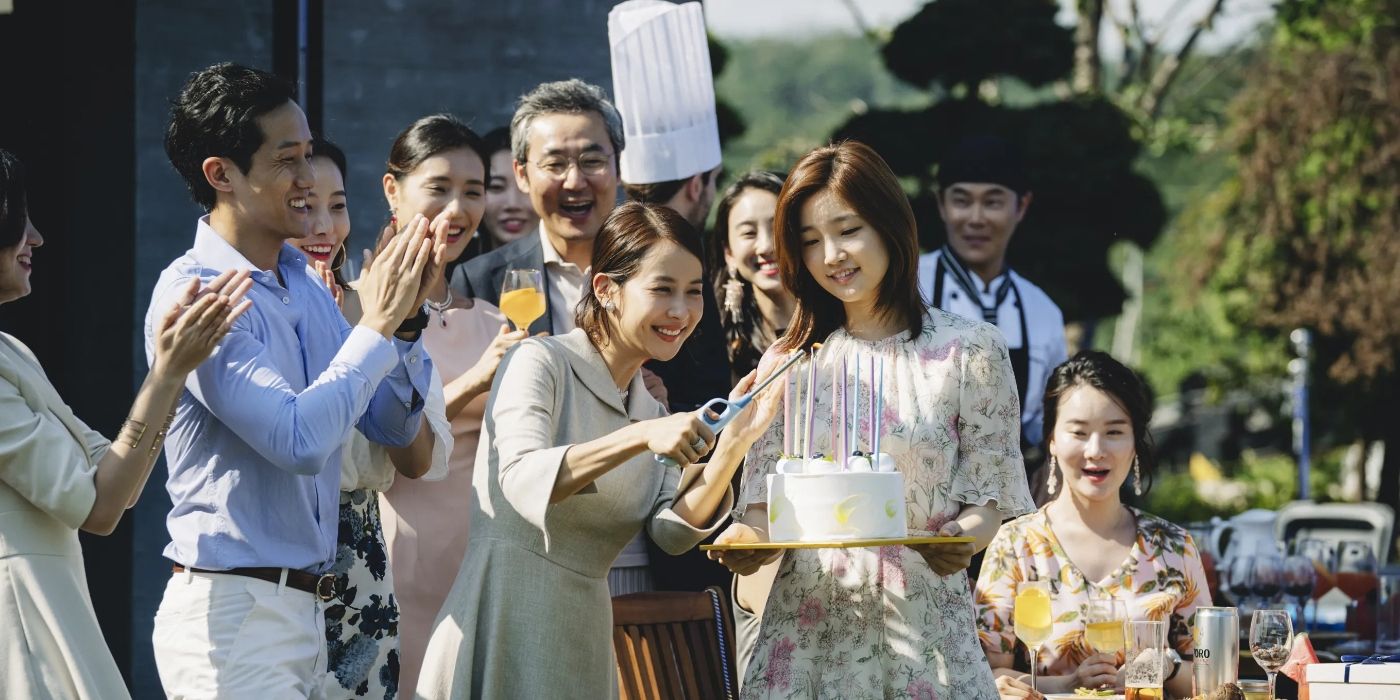With South Korean dramas and movies rising in popularity, there are so many on streaming services that audiences happily watch and rewatch. But so many popular movies hailing from this small Southeast Asian country that represent its culture, cinema, and legacy are movies from various decades. While South Korean filmmakers became globally acclaimed around the late 1990s and early 2000s, many movies from the 2010s were the first point of contact with South Korean cinema for numerous movie fans.
Whether someone likes foreign language movies or not, they are surely faced with a dilemma: to watch at least one Korean movie in their cinema-loving lifetime. With streaming, there’s time to remedy that now. Whoever missed out on any of the greatest movies of the 2010s has the chance to remedy that now. Or, as Parasite director Bong Joon-ho said, “Once you overcome the one-inch tall barrier of subtitles, you’ll be introduced to so many more amazing films.”
10 ‘Age of Shadows’ (2016)
Directed by Kim Jee-woon
Kim Jee-woon directed some of the most iconic South Korean thrillers, but being inspired by history in The Age of Shadows gave him the opportunity to create an exciting epic about freedom fighters and the resistance of Korean citizens against the brutal Japanese occupation. The Age of Shadows depicts the struggle to maintain Korean pride in the face of occupying forces, presented as a slick and fast-paced historical thriller with a more than stellar cast. Gong Yoo, Song Kang-ho, and Lee Byung-hun are just some of its big stars.
The Age of Shadows was loosely based on a real-life attempt to destroy a Japanese police station in Seoul in 1923; the movie is set during the Japanese occupation of the Korean peninsula in the 1920s and has a similar premise. A group of Korean resistance fighters plots to blow up various Japanese buildings across occupied Seoul. But the Japanese forces have spies on the Korean police, among which is the police captain Lee (Song Kang-ho). The resistance leader Jung Chae-san (Lee Byung-hun) arranges with resistance fighter Kim Woo-jin (Gong Yoo) to try and get the police captain to their side. The Age of Shadows was a huge deal when it came out, swiftly becoming one of the best movies about Korean history, even if not totally factual.
Watch on Apple TV
9 ‘Ode to My Father’ (2014)
Directed by Yoon Jae-kyun
As a historical drama spanning 60 years, Ode to My Father is a war movie that focuses on duty, promise, and responsibility rather than war itself. A young family on the northern part of the Korean peninsula is taken by US troops to the southern coast, but the daughter of the family is lost; their father goes to look for her, sending the rest of his family south. His young boy, Deok-soo, promises to be the breadwinner of the family. To keep his promise to his father, the grown-up Duk-soo (Hwang Jung-min) travels to Germany for work, takes over his aunt’s shop in Busan, and joins the army to fight in the Vietnam War.
Ode to My Father is a love letter by Yoon Jae-kyun to his father Deok-soo and mother Young-ja; he said he wished to create a movie that generations could enjoy, as well as one he felt his father would be proud of. Yoon’s aim was to show respect to the generation of people that grew up during some of the most difficult times in their country. While critics weren’t fully impressed and considered the story nationalistic, Ode to My Father was monumental because it resonated with local audiences greatly. This seems to be more due to its gentle homages than forced patriotic messages.
Watch on Tubi
8 ‘1987: When the Day Comes’ (2017)
Directed by Jang Joon-hwan
1987: When the Day Comes is a historically significant feature for South Korean people, since it depicts the true events that took place in June 1987. This was the culmination of then president Chun Doo-hwan’s militaristic regime; people all over the country protested against Chun and his regime after the police killed a student during an interrogation and tried to cover it up. This is historically known as the June Democratic Struggle, one of the biggest (successful) democratic rebellions in South Korea.
Director Jang Joon-hwan managed to depict the June uprising as a snowballing reaction, starting with the rebellious spirit in students and later spreading among the rest of the people. Several storylines merge into one to depict a fight for democracy and freedom from an oppressive regime; while depicting true events, the story takes creative freedom in depicting the murdered student’s grieving family and the sentiment many felt during a politically difficult time. Ha Jung-woo leads the story as an adamant prosecutor and is joined by Kim Tae-ri as one of the rebelling students.
Watch on Amazon Prime
7 ‘The Handmaiden’ (2016)
Directed by Park Chan-wook
It would be a shame not to have a Park Chan-wook feature on a ‘best of’ list, but The Handmaiden isn’t there just because of Park’s legendary filmmaker status. It’s a gripping historical thriller, a BAFTA winner, and groundbreaking in many ways. It’s one of the biggest commercially successful Korean movies to feature a queer storyline; though Laura Miller from Slate wasn’t fully satisfied with the representation, it’s definitely a step-up for commercial South Korean cinema, a form of encouragement to create bolder and with bigger intentions, focusing on women, their pleasure, and their overlooked status across history.
The Handmaiden is set during the Japanese occupation of Korea, focusing on the wealthy Korean traitor Kouzuki (Cho Jin-woong), who lives with his niece Hideko (Kim Min-hee). A conman posing as Count Fujiwara (Ha Jung-woo) comes to their home, attempting to seduce Hideko, bringing along a poor girl dressed as a handmaiden, Sook-hee (Kim Tae-ri). Hideko and Sook-hee grow closer, obviously being ignored by the men who use them as tools. The movie was based on Sarah Waters‘ novel Fingersmith, which seems to be as twisted as Park Chan-wook’s brilliant adaptation.
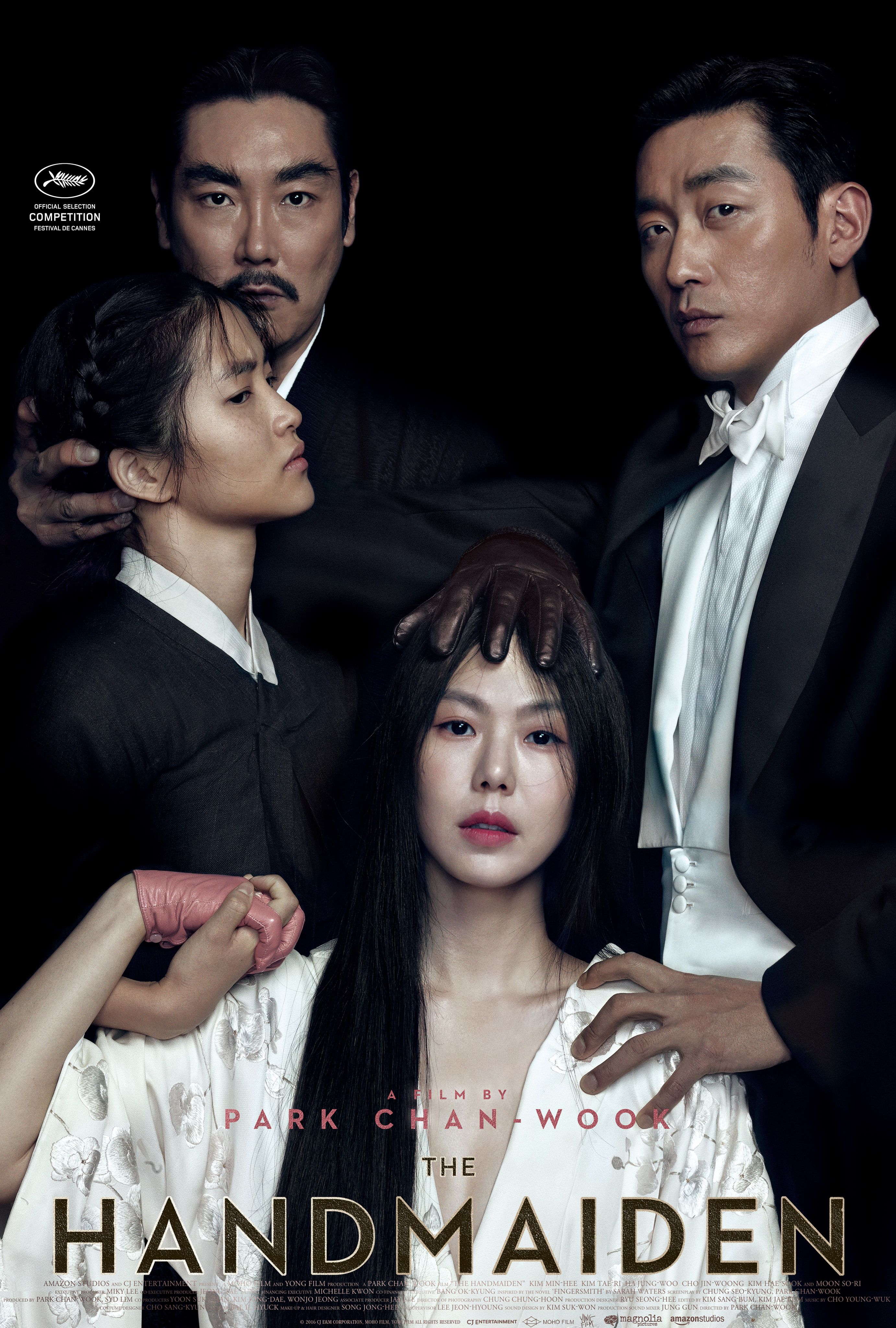
The Handmaiden
- Release Date
- June 1, 2016
- Director
- Chan-wook Park
- Cast
- Min-hie Kim , Tae Ri Kim , Jung-woo Ha , Jin-woong Jo , Hae-suk Kim , So-ri Moon
- Runtime
- 145 minutes
Watch on Amazon Prime
6 ‘The Wailing’ (2016)
Directed by Na Hong-jin
The Wailing is a colossal movie, and not only because of its 156-minute runtime. It has a heavy plot focusing on shamans, demons, ghosts, the afterlife, and curses; it’s complex, devastating, and chilling, all at once, and in so many ways. Na Hong-jin wrote and directed The Wailing in a way that only a South Korean director could—it’s a story delivered in a careful and attentive pace, giving the viewers time to process all of its overwhelming supernatural aspects. At the end, the movie feels complete despite an undesirable ending, lingering with the viewers for a long time afterward.
The movie follows residents of a remote Korean village who become concerned after the arrival of a Japanese man (Jun Kunimura). He’s mysterious and elusive, and not long after he settles in, a deadly plague overtakes the village, possessing and killing its residents slowly. The protagonist, Jong-goo (Kwak Do-won), is a local police officer, and while trying to resolve the plague issue, it touches his family, too. The Wailing mixes Korean folklore, generational trauma (for which the Japanese are heavily responsible in some Koreans), and superstition; it’s a crafty analysis of good versus evil, which resonated with Korean audiences well.
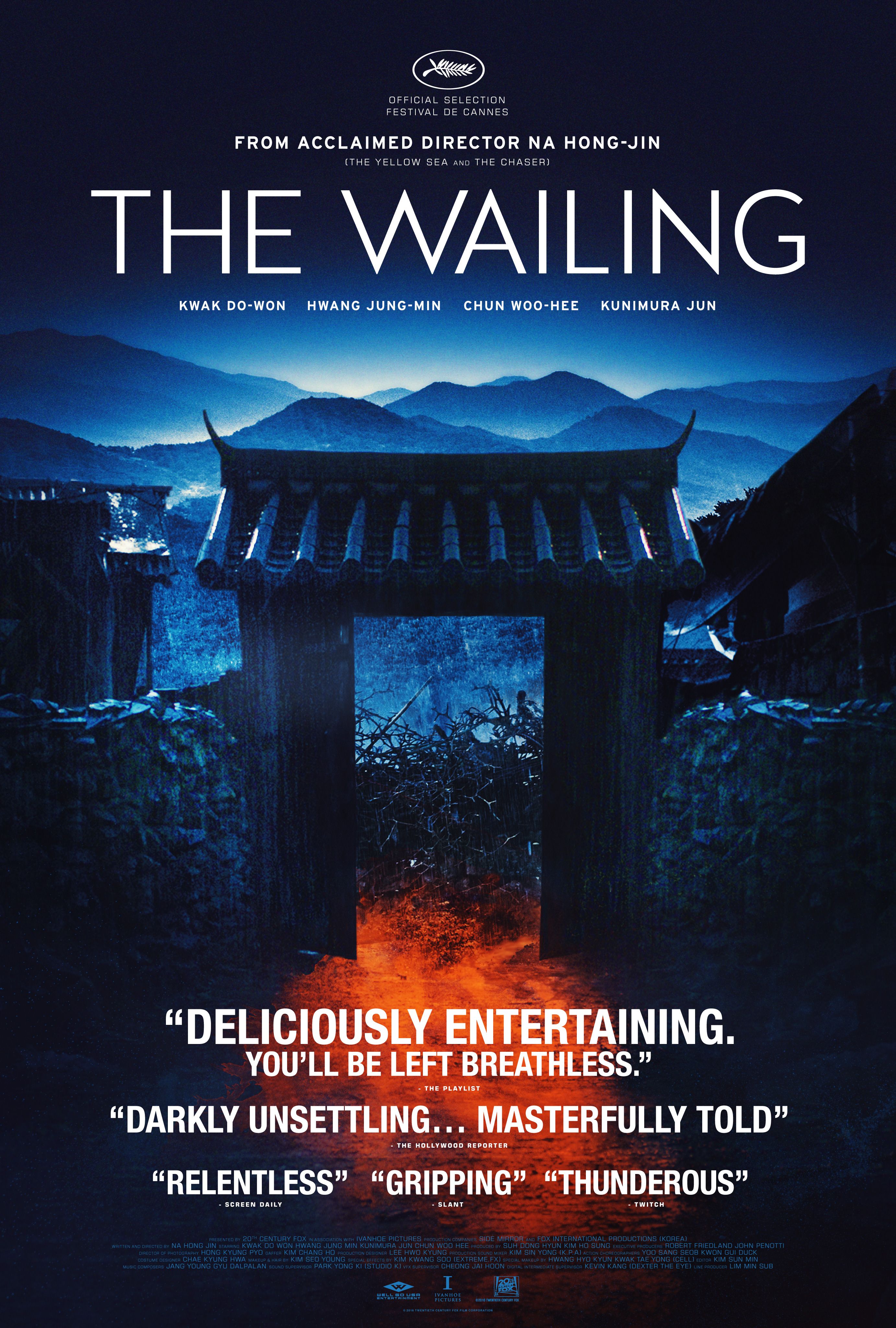
The Wailing
The arrival of a mysterious stranger in a quiet village coincides with a wave of vicious murders, causing panic and distrust among the residents. While investigating the suspect, a policeman realizes that his daughter may have been a victim of the attack.
- Release Date
- May 12, 2016
- Director
- Na Hong-jin
- Cast
- Kwak Do-won , Hwang Jung-min , Jun Kunimura
- Runtime
- 156 minutes
Watch on Netflix
5 ‘Train to Busan’ (2016)Directed by Yeon Sang-ho
Fans of the zombie movie genre have lots of favorites, and one of its greatest examples is the South Korean horror/thriller Train to Busan. This exciting, fast-paced, and at times very emotional movie is now a horror icon, too; Edgar Wright praised it as one of the best zombie movies he’s seen, and he’s often inspired by the genre in his own movies. Train to Busan stars Gong Yoo and Ma Dong-seok (also known as Don Lee), two highly recognizable faces, and takes place on the train ride from Seoul to Busan, showing the initial stage of a zombie outbreak.
Gong Yoo plays Seok-woo, a distant father to the little girl Soo-an. They live in Seoul, but Soo-an’s mother lives in Busan, and she wishes to go to Busan for her birthday. Seok-woo agrees, feeling guilty for not being there for his daughter. With numerous other passengers, the two board a KTX train; on the other hand, a sick woman is shown running onto the train at the last minute, quickly turning into a zombie and spreading the disease. These zombies are fast and aggressive, making Train to Busan incredibly thrilling. Being set on a train makes it even more exciting, since it’s an inescapable situation, which in many scenes allows certain characters’ survival instincts to rear their ugly heads.
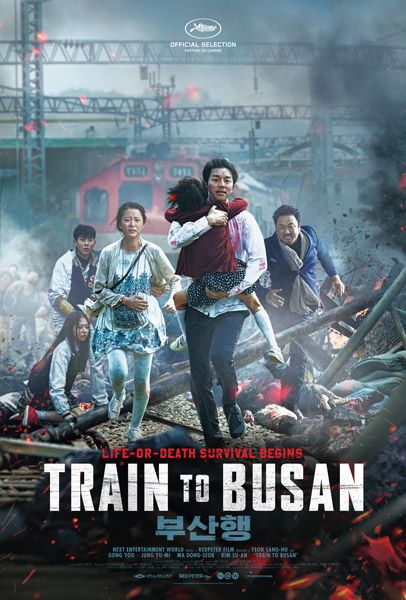
Train to Busan
- Release Date
- July 20, 2016
- Director
- Sang-ho Yeon
- Cast
- Yoo Gong , Yu-mi Jeong , Dong-seok Ma , Su-an Kim , Eui-sung Kim , Woo-sik Choi
- Runtime
- 118
4 ‘Burning’ (2018)
Directed by Lee Chang-dong
Steven Yeun has established his acting career in Hollywood, but his work in South Korean movies is as nuanced, if not more. Besides Yeun shining in Burning, the movie also labels Lee Chang-dong‘s return to directing after eight years (he previously directed Poetry and Secret Sunshine, among others). Yeun, Lee, and the fact that Burning is based on Haruki Murakami‘s story ‘Barn Burning‘, are all the factors that make the movie a frequent star on many “best South Korean movies of all time” lists.
The story follows the young, hardworking Jong-su (Yoo Ah-in), who one day encounters an old friend from school, Hae-mi (Jeon Jong-seo). The two develop an attraction, but Hae-mi is traveling to Nairobi soon and asks Jong-su to occasionally feed her cat while she’s away. When Hae-mi returns and Jong-su goes to pick her up, she doesn’t come alone. She’s there with a mysterious man called Ben (Steven Yeun), who never reveals much about himself. Burning is a tense character study that challenges viewers to be patient, analytical, and understanding. It’s a masterclass in psychological thrillers, evoking the mood of many of Murakami’s stories.
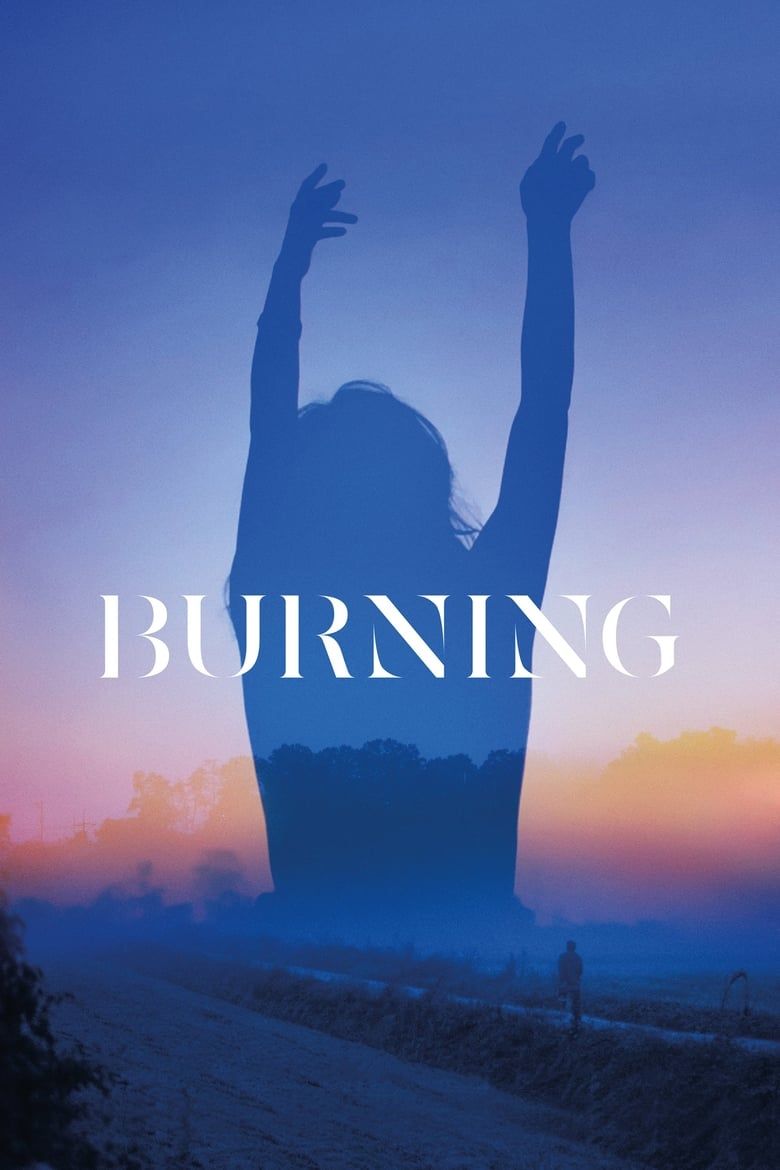
- Release Date
- May 17, 2018
- Director
- Chang-dong Lee
- Cast
- Ah In Yoo , Steven Yeun , Jong-seo Jeon , Soo-Kyung Kim , Seung-ho Choi , Seong-kun Mun
- Runtime
- 148 Minutes
3 ‘Poetry’ (2010)
Directed by Lee Chang-dong
Before Lee Chang-dong went on a hiatus, he directed a character study called Poetry. This was just at the start of the 2010s, but it labeled the decade as one of its most beautiful and poignant features. Lee Chang-dong also got one of South Korea’s biggest stars, Yoon Jeong-hee, to leave her retirement and star as the lead in a movie after 16 years. Yoon’s presence is the determining factor in Poetry‘s success, as is the ease with which Lee follows her lead with camerawork and storytelling.
Poetry follows Mija, a 66-year-old woman who gets an Alzheimer’s diagnosis. To try to offset its effects, she enters an amateur poetry class, wishing to create a perfect poem. Mija also lives with her problematic grandson, who causes a stir in both their lives; she must balance the struggle with her grandson and her own health issues. The movie rarely dives into melodramatic territory, though the premise has all the potential for it. Variety critic Justin Chang described it perfectly: “Poetry presents a patriarchal society that, under a smiling veneer of concern, tries to contain its problems by throwing money at them. Mija—who has no money to give, only compassion—has no place in this culture.”
Watch on Apple TV
2 ‘I Saw the Devil’ (2010)
Directed by Kim Jee-woon
I Saw the Devil marked the beginning of the 2010s and a sort of shift in global movie interest. It was a gateway for many people who were too young to enjoy Oldboy or Sympathy for Mr. Vengeance during the 2000s. After I Saw the Devil came out, people started filling out their watchlists with mostly South Korean movies—specifically thrillers. This bloody feature is also an excellent movie; it’s a gory revenge story with Choi Min-sik, the Oldboy star himself, and one of South Korea’s greatest action stars, Lee Byung-hun.
The movie follows secret agent Kim Soo Hyun (Lee Byung-hun) in search of his fiancée, who goes missing in a rural area. What he doesn’t know is she’s been brutally murdered by Kyung-chul (Choi Min-sik), and it seems she may not be his first victim either. When the two men meet face to face, Kim doesn’t want to simply arrest Kyung-chul; he forces him into a brutal cat-and-mouse chase, seeking revenge that doesn’t simply end as “eye for an eye.” I Saw the Devil‘s main character is consumed by rage, showing just how complex the feeling is; it’s one of those revenge movies that doesn’t really end well for anyone.
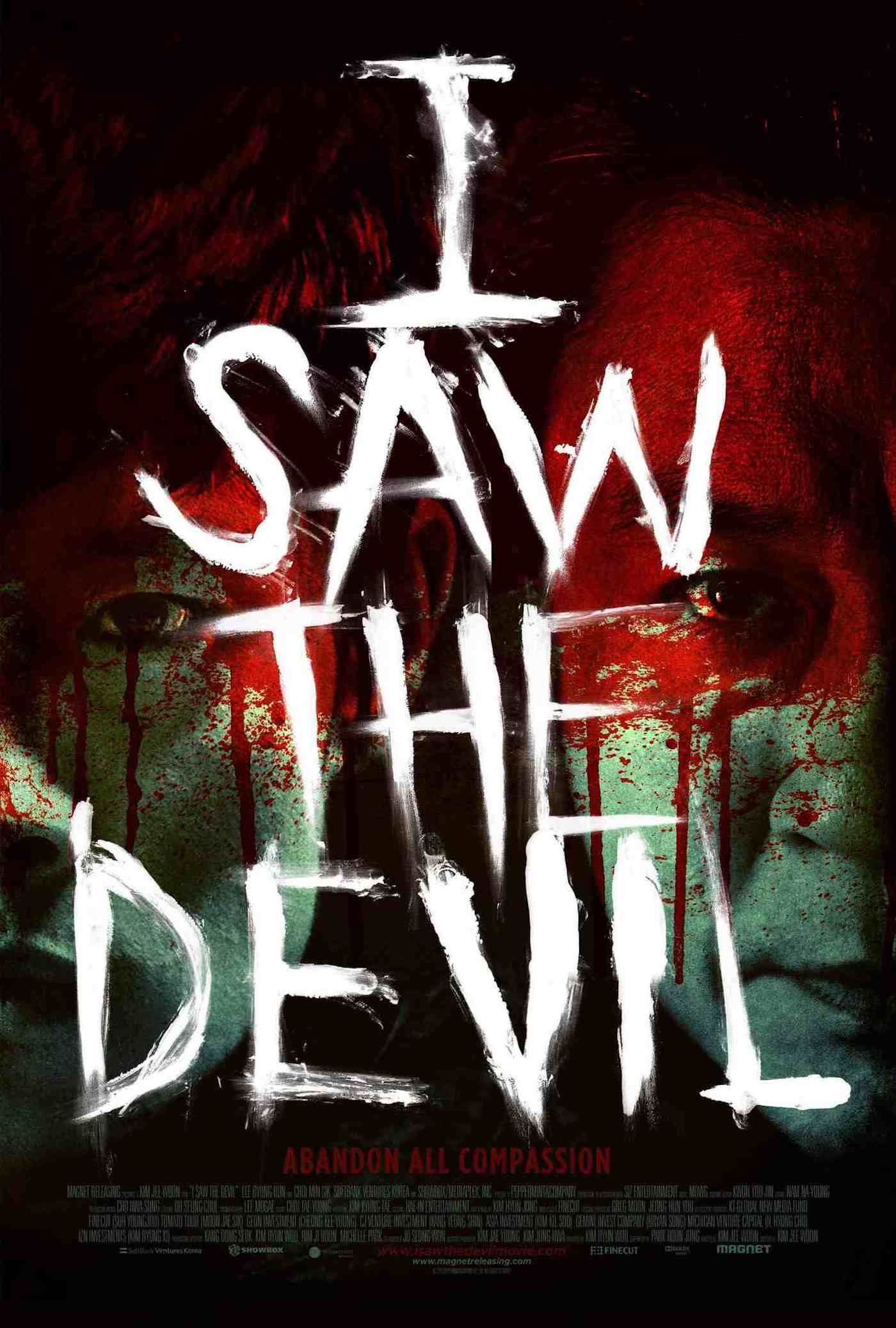
A secret agent exacts revenge on a serial killer through a series of captures and releases.
- Release Date
- August 12, 2010
- Director
- Jee-woon Kim
- Cast
- Byung-hun Lee , Gook-hwan Jeon , Ho-jin Jeon , San-ha Oh , Yoon-seo Kim , Min-sik Choi
- Runtime
- 144
1 ‘Parasite’ (2019)
Directed by Bong Joon-ho
Parasite came out just at the end of the 2010s, marking the decade of impressive movies with the most impressive one. Bong Joon-ho’s Parasite isn’t just a great movie, though; its cultural impact carries the most weight, similarly to what Netflix‘s Squid Game did for the television category. It won four Oscars, with most significantly winning both Best Picture and Best International Feature. With only having nominee movies before, this is the most successful South Korean feature that’s won over international audiences.
Parasite follows the Kim family, living in a poor neighborhood in Seoul. They do various jobs that bring them fast cash and swindle their way through occasionally. Through a friend, the son of the Kim family gets a job at the home of the wealthy Park family. The Kims create a scheme to mooch off the Parks without realizing a lot more is happening at their home. Parasite is, fairly obviously, a social and class criticism; from a lack of awareness from the Parks to the ‘anything goes’ attitude from the Kims, it represents the worst of both worlds while showing how capitalism, class issues, and life in modern South Korea tend to make both sides numb to the world they live in. Parasite is one of the best movies to represent this small country’s cinematic world.
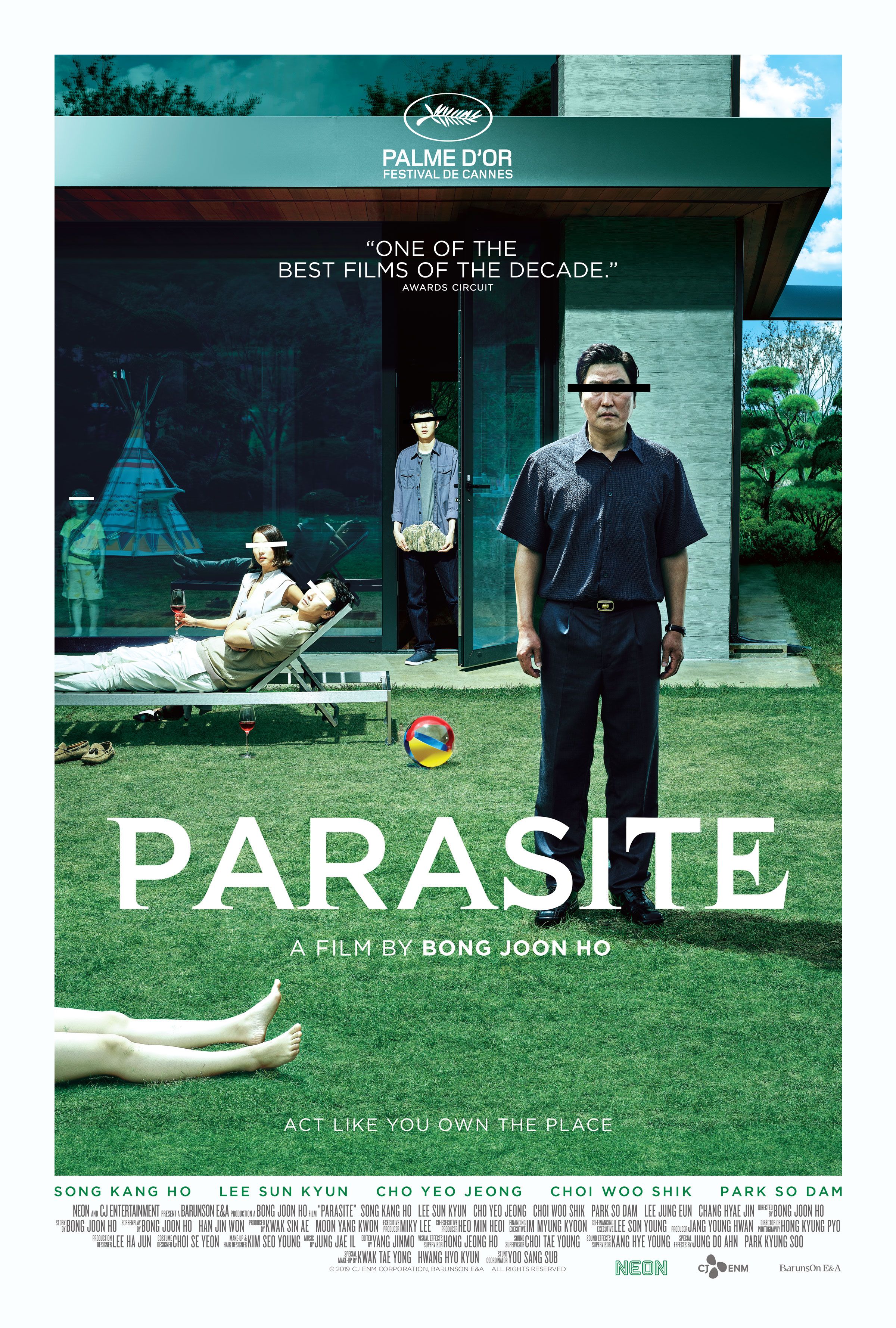
Greed and class discrimination threatens the newly formed symbiotic relationship between the wealthy Park family and the destitute Kim clan.
- Release Date
- May 8, 2019
- Director
- Bong Joon-ho
- Cast
- Seo Joon Park , Kang-ho Song , Seon-gyun Lee , Yeo-Jeong Jo , Woo-sik Choi , Hye-jin Jang
- Runtime
- 132 minutes
Watch on Max
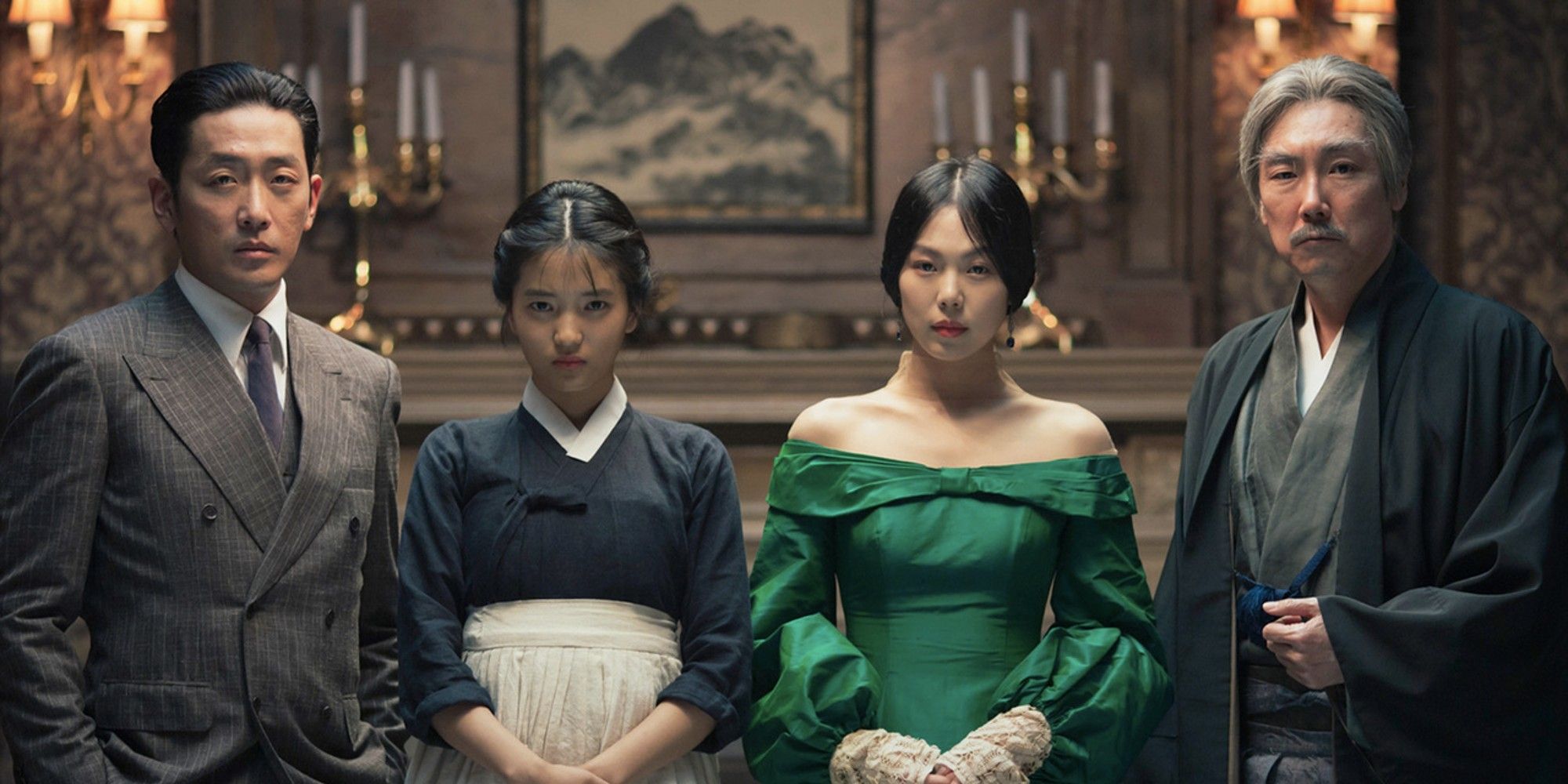
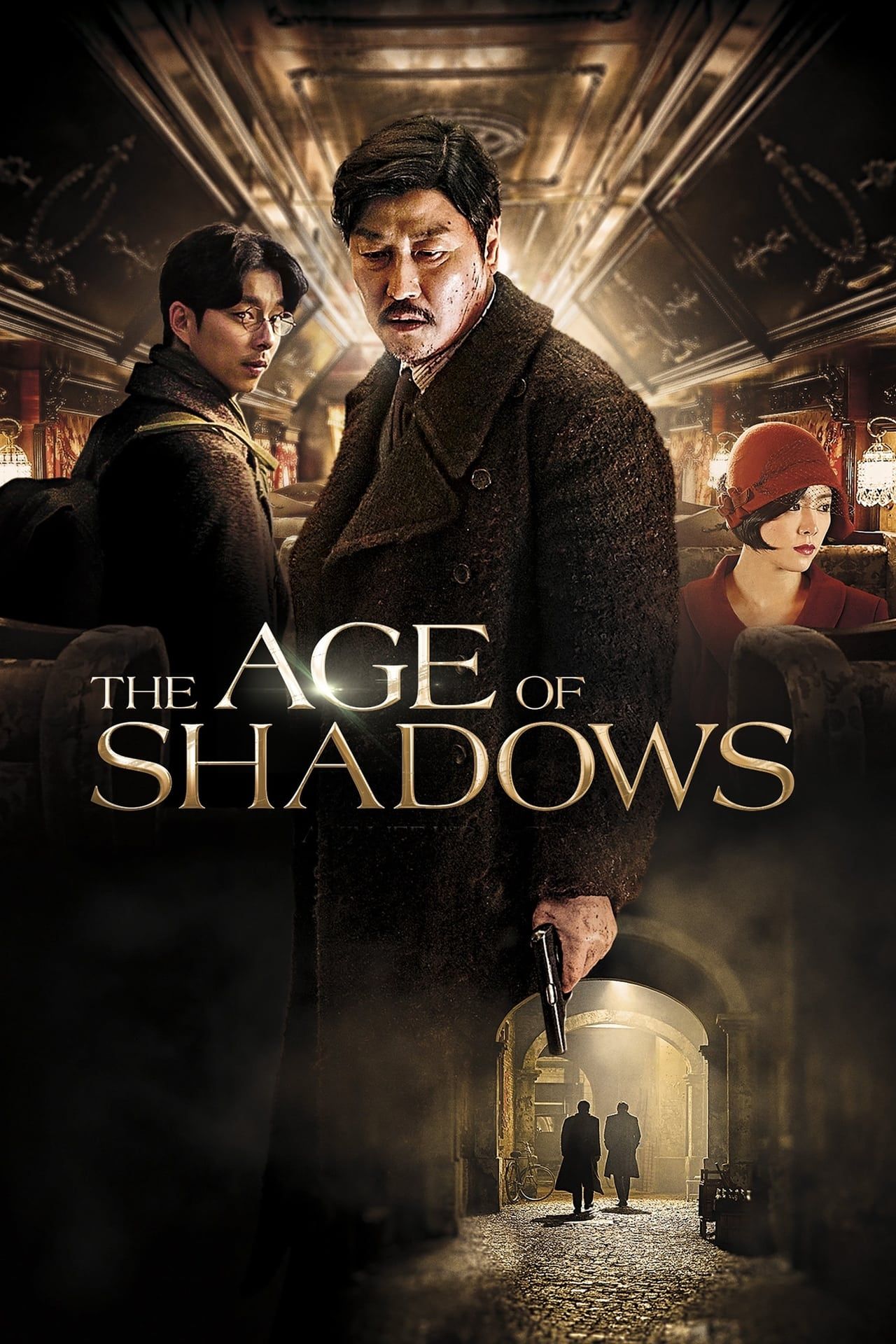
.jpg)
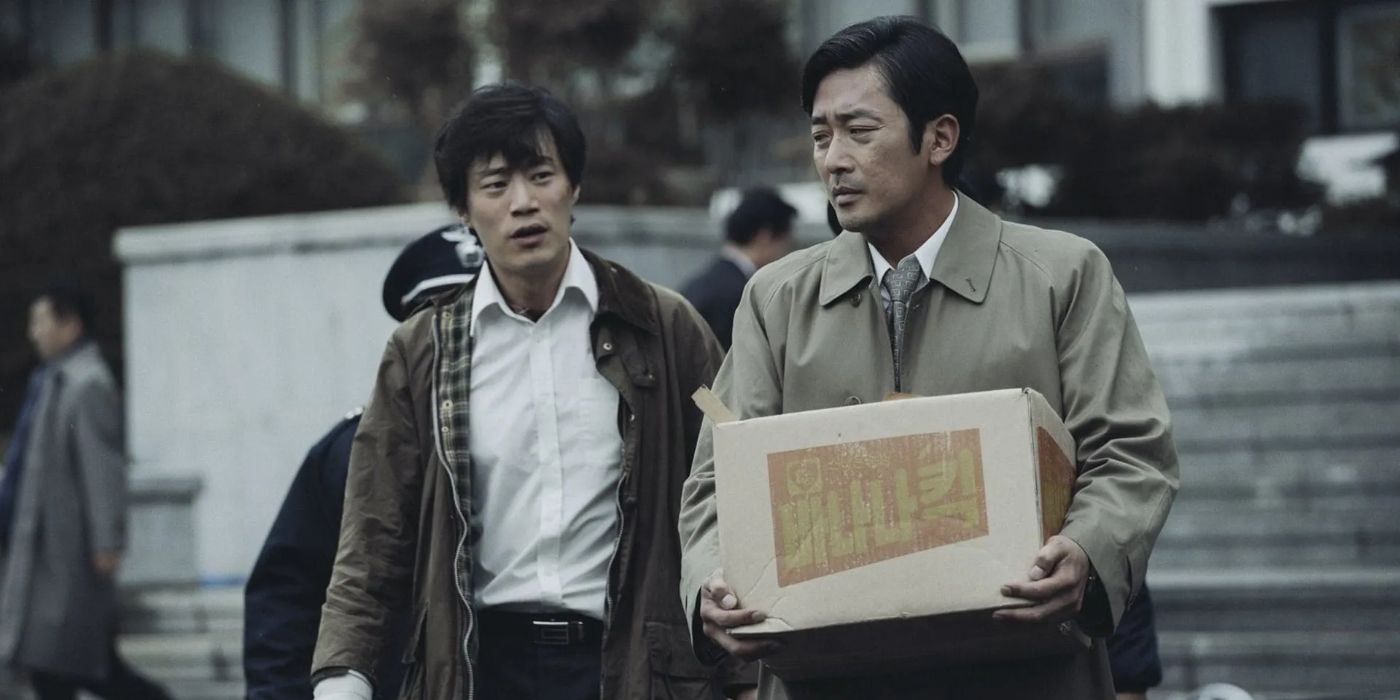
.jpg)
